Connecting experts, supporting government The wide reach of CIFOR’s global bushmeat research
However, isolated expertise, fragmented research and missing data have meant policies are swayed by loud voices instead of science, missing opportunities to improve both livelihoods and animal conservation.
So, in 2011, we established the Bushmeat Research Initiative – led by CIFOR’s Robert Nasi – bringing together researchers and practitioners from around the globe to build a solid bushmeat knowledge base, develop local capacity and make sure that the research counts.
Project:
Bushmeat Research Initiative
Funding partner:
CGIAR Research Program on Forests, Trees and Agroforestry
What we will do is try to bring all this information, once the papers are out, to come up with a strategy for the conservation of both people and wildlife in these areas.
Game-changing findings in the Congo
In the Congo Basin, new research has linked children’s health with the availability of bushmeat:
… regardless of the availability of other meats.
And a new model has revealed where, in the Congo Basin, bushmeat hunting could be the most sustainable and the most harmful to certain species.
Innovative monitoring methods for Brazil
Illegalizing the bushmeat trade has pushed it underground, making it difficult to monitor the effects on people and animals. We designed a new method of monitoring, one that involves the people of the trade chain.
200 government technicians and rural teachers, and 700 villagers were trained in collecting and analyzing data.
In 2014, three government organizations in the State of Amapá trialed the system. The data, to be published in 2015, will be used to assess local bushmeat policy.
Building networks of experts
Five networks consolidated – Southeast and South Asia, the Brazilian Amazon, the Ecuadorian Amazon, the Peruvian Amazon and the Congo Basin.
Evaluating the existing knowledge base
Three comprehensive reviews published, with more to come.
Global review:
- 1293 publications reviewed.
- Presented at 6 international forums.
South and Southeast Asia review:
- 888 articles and reports reviewed.
- Presented at four forums in Asia.
Ecuador review:
- 134 publications reviewed.
- Presented at five forums in Ecuador.
Facilitating access to information
One dynamic map constructed for searching bushmeat research from around the world.
Read more at CIFOR.org/bushmeat


